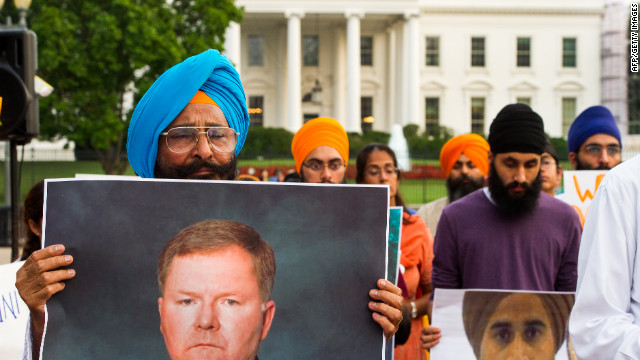Proper 16 B
Aug.
26, 2012
1 Kings 8:22-30, 41-43
Psalm 84
John
6:56-69
You are not alone in thinking that the images Jesus uses are
indeed, as he asks his disciples in today’s gospel, offensive. Drinking blood
and eating skin – not a pretty picture. Bread? Yes, wonderful. Wine? Yes, as
well. Communion? Yes, we those we get. But body and blood? Why such a
sacrifice? Why such a commitment? Why such a risk?
What is shocking about today’s gospel is that Jesus lets a
whole lot of his disciples go. For these folks, this imagery is just too much.
Is it the grotesqueness? Is it the commitment? Is it the allusion to sacrifice
and death? For whatever reasons, they walk away, and Jesus gives even his inner
circle that option, too. Just how convincing is Peter’s answer? “Lord, to whom
can we go? You have the words of eternal life. We have come to believe that you
are the Holy One of God.”
One of the earliest images of Jesus, from the earliest days
of the Christian community, are images of Jesus sharing bread with his friends.
They are depictions of communion, of the Last Supper. It was not until
centuries later that Christians dared depict Jesus on the cross – remember that
many of those early Christians faced martyrdoms and deaths of their own.
Perhaps in the early days of the church they were living the scandal of the
cross – of the God made human – sharing all too closely in his life and death –
to want to reflect on it in art or symbol. We, now free from danger of crucifixion
ourselves, can find the cross a meaningful symbol of the God who walked among
us as one of us.
Our English word “companion” has relevance here. Its roots
“com” meaning “with” and “pan” meaning “bread” imply that a companion is one
who is with you with bread. A companion is one with whom you share your bread,
your nourishment, your life, as you walk along your way. And indeed, Jesus, our
divine companion, continues to share the bread of his eternal life with us,
even if we, like Peter, are not always absolutely convinced that walking along
with Jesus is a wise thing to do.
Full confidence in the faith is hard. Oh, that we had the
confidence of Solomon, to build that Temple for God, the confidence, even to be
humble enough to ask God for wisdom and not only glory. Yet to be honest, we
must admit that the sayings of Jesus are difficult, and the life that Jesus
bids us live carries with it costs and sacrifices.
Maybe the best we can do is eat the bread. To stand in line
with everyone else, put out our hands and take a piece of that bread in faith.
Maybe the important thing is getting up week after week to do this: to listen
to the scriptures, to spend some time in quiet prayer, to worry about how hard
it really is to follow Jesus, and then, nonetheless, get up in that line anyway
and put out our hands, take the bread and eat it.
That’s the power of the sacrament, and the power of the
community. We are not in this alone. On any given day, when the words of Jesus
are just too hard to understand, or too difficult to follow, someone next to us
will be able to. We are in this together: that is the essence of communion, of
COMMON prayer, of companionship. We take, we eat – we may not be able to “get
it” that day, or every day, but by taking, by eating, we DO “get it” – it’s not
so much the eating, but the abiding – the Christ dwelling in us and we in
Christ that happens when we stand here, side by side, hands outstretched, ready
to take Christ into our selves, our souls and bodies ,whether we know what we
are doing or not.
The bread of life and the cup of salvation, broken and
shared, Holy Manna, bread from heaven, where earth and heaven meet.





